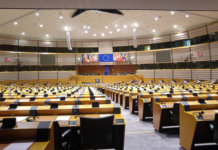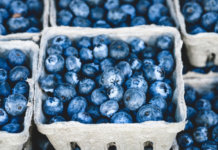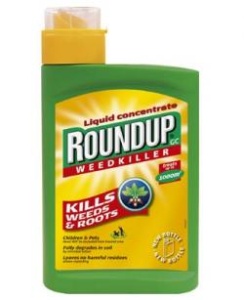
Ever heard of glyphosate? It’s the world’s most popular and best selling herbicide ever, most famous in Monsanto’s “Round-Up”. It’s used in a vast majority of crops, especially corn and soy, which are commonly used as ingredients in processed foods as well as feed for livestock.
It also has been proven to produce negative effects on the environment and the World Health Organization (WHO) just recently concluded that it’s “probably carcinogenic to humans”.
And guess what? It’s probably in your system right now. Even if you eat only organic foods, there is a high likelihood of having glyphosate in your system due to drinking water, residues blowing into organic fields, or even from drinking beer!
To renew or not to renew? That is the question…
The EU is set to vote in the coming days on the continued use of glyphosate in weed killers. According to Reuters, “experts from the EU’s 28 member states will hold a closed-door meeting on Wednesday and Thursday in Brussels to discuss a draft proposal to extend by nine years approval of the herbicide.”
Last month, European politicians advised that glyphosate should only be approved for the following seven years, instead of the next 15, as proposed by the EU executive.
Germany can’t decide either
Germany is expected to abstain from the vote, as the conservatives (CDU) and their junior coalition partner Social Democrats (SPD) cannot agree on a common position.
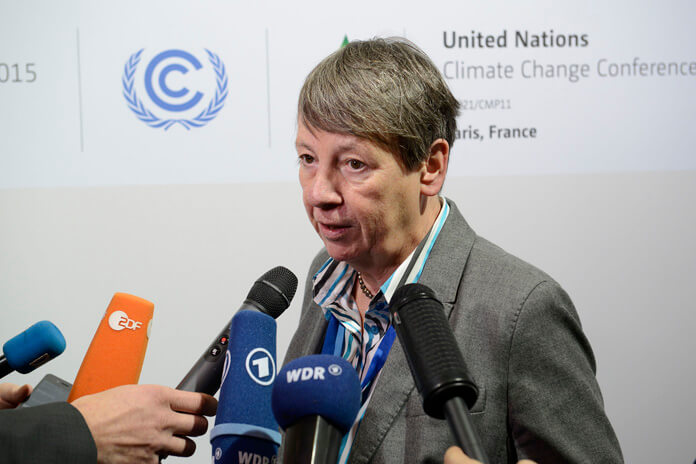
According to Environment Minister Barbara Hendricks, an SPD member, “It’s proven that glyphosate has negative effects on the environment. That needs to be fully taken into account for the approval. Given that there is still uncertainty about the health risks associated with glyphosate, the SPD-led ministries will not agree to the approval of glyphosate.”
If Germany does abstain, the vote may still pass if other large member states vote in favor of renewing the herbicide, whose license is expected to expire in June. France has already confirmed it will not support the EU vote next week, according to Agriculture Minister Stéphane Le Foll.
And just recently 39 NGOs sent a letter to relevant EU national ministers and members of the EU Committee on Plants, Animal, Food and Feed, requesting they vote against re-approval.
Potential removal of glyphosate from the market
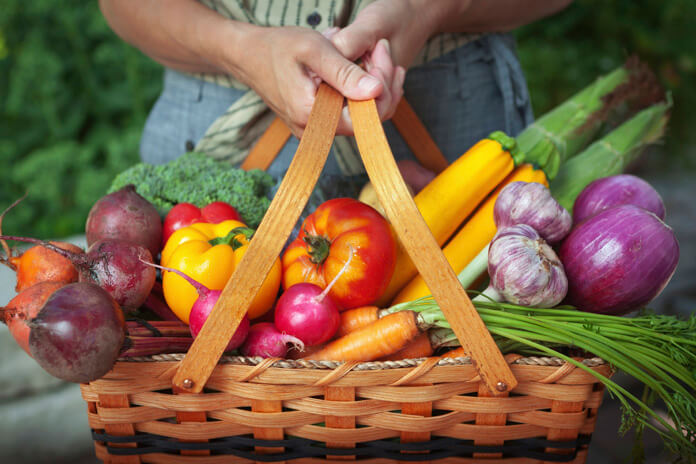
If the vote does not go in favor of glyphosate, then products containing it will have a six-month grace period to be removed from the market. Greenpeace, however, has found that many German retailers are voluntarily taking glyphosate products off the shelves, in response to consumer pressure rather than legal regulations. Eight of some of the largest retailers have already taken steps to remove glyphosate-based products from their shelves.

